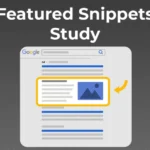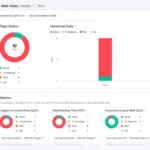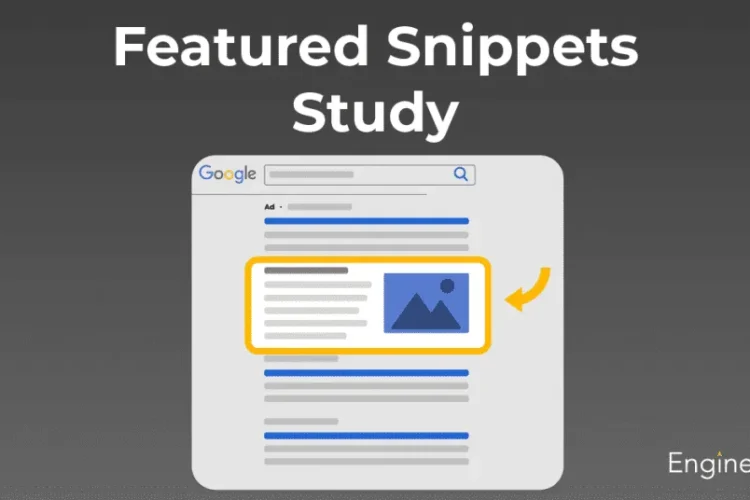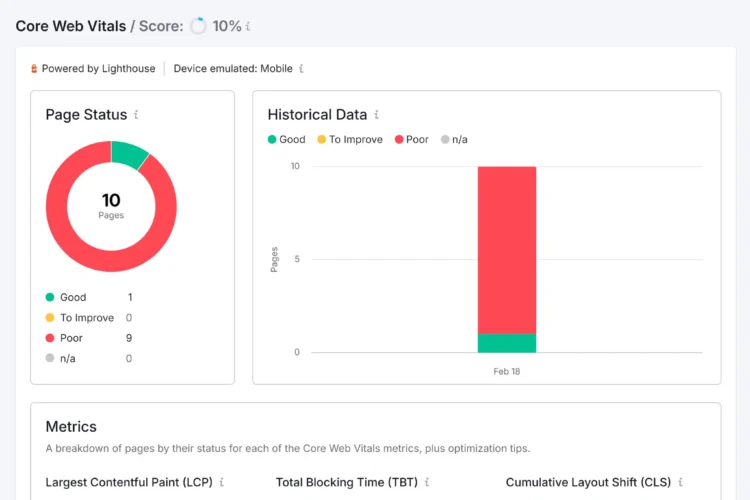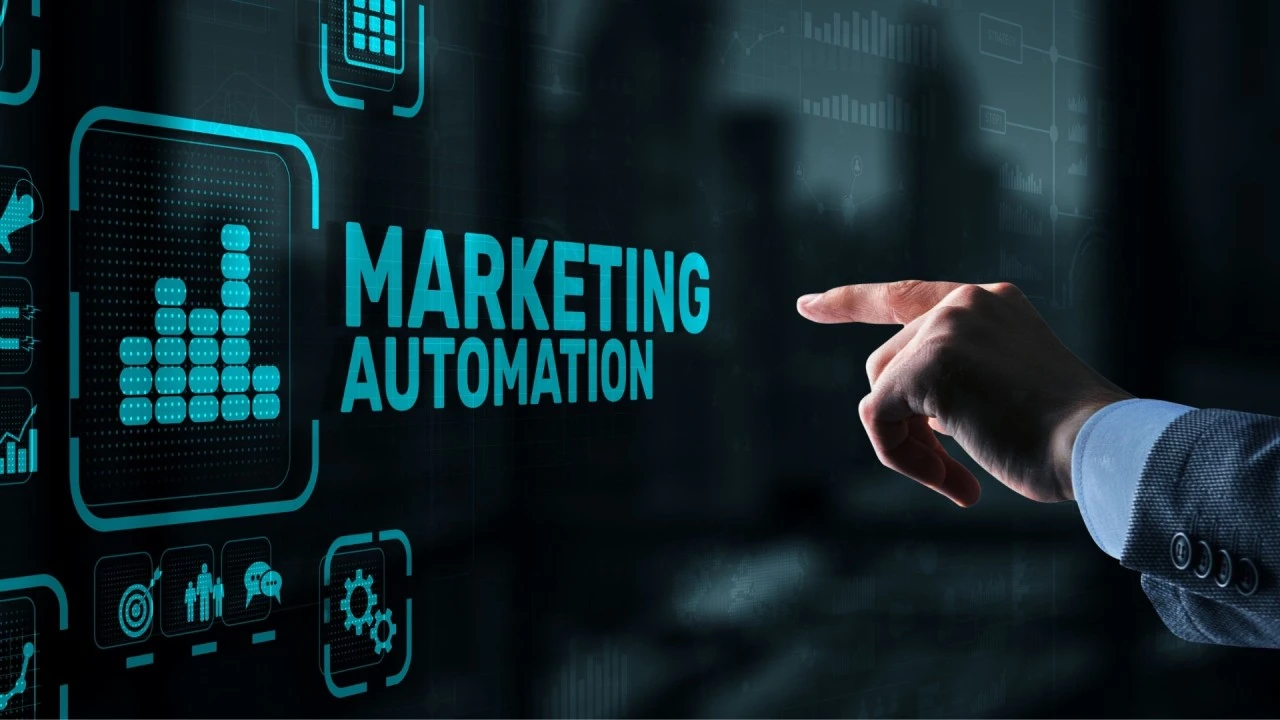
In the fast-paced world of digital marketing, efficiency and results go hand in hand. Businesses that rely solely on manual marketing tasks often struggle to keep up with growing demands. That’s where marketing automation tools come in.
Marketing automation helps businesses streamline repetitive tasks, improve customer engagement, and increase ROI — all while saving valuable time. Let’s explore the best marketing automation tools and how they can transform your marketing strategy.
What Is Marketing Automation?
Marketing automation refers to the use of software and technology to automate repetitive marketing tasks, such as email campaigns, social media posting, lead nurturing, and ad management.
Instead of manually handling each campaign, automation allows you to:
- Send personalized messages automatically.
- Nurture leads through sales funnels.
- Track customer behavior and engagement.
- Measure campaign performance with analytics.
In short, marketing automation helps you work smarter, not harder.
Benefits of Marketing Automation
Before diving into the tools, let’s understand why automation is a game-changer:
- Saves Time: Automates repetitive tasks like emails, reporting, and scheduling.
- Improves Lead Management: Tracks and nurtures leads automatically.
- Enhances Personalization: Delivers targeted messages to the right audience.
- Increases ROI: Maximizes marketing performance through data-driven insights.
- Improves Customer Retention: Keeps your brand consistently connected with customers.
Top Marketing Automation Tools to Save Time and Boost ROI
Here are some of the best tools that can elevate your marketing performance:
1. HubSpot Marketing Hub
HubSpot is one of the most popular all-in-one marketing automation platforms. It helps manage everything — from email campaigns to customer data — in one place.
Key Features:
- Lead scoring and CRM integration
- Automated email workflows
- Landing page and form builder
- Advanced analytics and reports
Why It’s Great: HubSpot is beginner-friendly, making it ideal for small to medium-sized businesses looking for a complete automation solution.
2. Mailchimp
Mailchimp started as an email marketing platform but has evolved into a comprehensive automation tool for small businesses.
Key Features:
- Email campaign automation
- A/B testing and analytics
- Social media scheduling
- Audience segmentation
Why It’s Great: Mailchimp offers simplicity and flexibility, perfect for startups and small teams that want to automate communication easily.
3. ActiveCampaign
ActiveCampaign is well-known for advanced automation and CRM capabilities. It combines email marketing, lead scoring, and customer relationship management in one tool.
Key Features:
- Dynamic content personalization
- Behavioral tracking
- Automated follow-ups
- Integration with over 850 apps
Why It’s Great: It’s perfect for businesses that rely heavily on email and want detailed automation sequences to boost conversions.
4. Marketo (by Adobe)
Marketo is a powerful marketing automation solution designed for enterprises. It helps manage multi-channel campaigns and provides in-depth insights into customer journeys.
Key Features:
- Lead scoring and nurturing
- Account-based marketing
- Advanced reporting dashboards
- Seamless CRM integration
Why It’s Great: It’s ideal for large organizations with complex marketing structures and multiple customer segments.
5. Hootsuite
When it comes to social media automation, Hootsuite is a market leader. It helps businesses schedule, monitor, and analyze social media activity across platforms.
Key Features:
- Social media post scheduling
- Real-time engagement tracking
- Team collaboration tools
- Social listening and analytics
Why It’s Great: It saves hours every week on social media management and keeps your brand consistent across platforms.
6. Zapier
Zapier is not a traditional marketing tool but a powerful automation connector. It allows you to integrate and automate tasks between different apps without coding.
Key Features:
- Connects 5,000+ apps
- Triggers automated workflows
- Reduces manual data entry
- Easy-to-use interface
Why It’s Great: Zapier acts as a bridge between your favorite marketing tools, helping you create seamless automation processes.
7. Salesforce Marketing Cloud
Salesforce offers enterprise-grade automation with a focus on personalization and data-driven insights.
Key Features:
- AI-powered recommendations
- Customer journey mapping
- Email and SMS automation
- Comprehensive analytics
Why It’s Great: Perfect for large businesses that want deep insights into customer behavior and cross-channel marketing performance.
Tips to Maximize ROI with Marketing Automation
- Segment Your Audience: Send tailored content to different audience groups.
- Set Clear Goals: Define what success looks like before starting.
- Analyze Performance: Use analytics to identify what’s working.
- Test Regularly: A/B test subject lines, visuals, and calls-to-action.
- Keep Personalization in Focus: The more relevant your message, the higher your conversion rate.
Our Services SEO Services in Bhopal | SEO Services in Varanasi | SEO Services in Gorakhpur | SEO Agency in Gurgaon
Conclusion
Marketing automation is not just about saving time — it’s about working smarter and achieving better results. By using tools like HubSpot, ActiveCampaign, or Mailchimp, businesses can increase productivity, improve targeting, and maximize ROI.
When implemented effectively, marketing automation becomes the key to consistent growth, stronger customer relationships, and sustainable success.
Frequently Asked Questions (FAQs)
1. What is the main purpose of marketing automation?
The main goal is to simplify and optimize repetitive marketing tasks, saving time while improving campaign performance and ROI.
2. Can small businesses benefit from marketing automation?
Absolutely. Tools like Mailchimp and Active Campaign are affordable and perfect for small teams to manage leads and automate communication.
3. Is marketing automation suitable for all industries?
Yes. Whether you’re in e-commerce, education, SaaS, or healthcare, marketing automation helps in lead nurturing, customer retention, and campaign management.
4. What is the difference between CRM and marketing automation?
A CRM focuses on managing customer relationships, while marketing automation focuses on automating marketing campaigns and lead nurturing.
5. How do I choose the best automation tool for my business?
Consider factors like business size, marketing goals, budget, ease of use, and integration with your existing tools.


